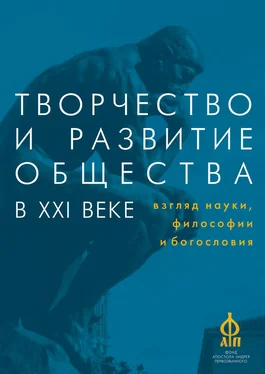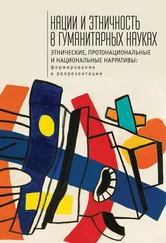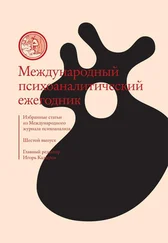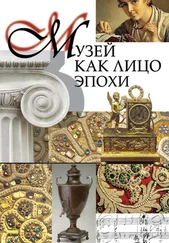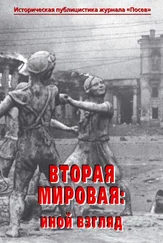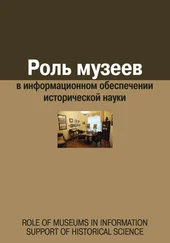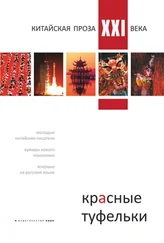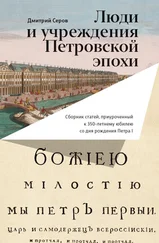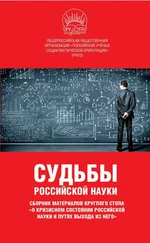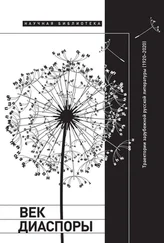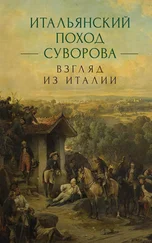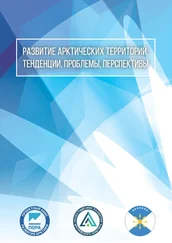The article presents the phenomena of creativity and creative industries, brought to life by the post-industrial era. A comparative analysis of the concepts of “creation” and “creativity” in Russian is given. The social demand for creativity linked to the needs of the innovative economy as well as modern “creative individual” is the result of evolutionary development of the “market individual” of the industrial age. A definition of creative industries, their structure and experience of their development abroad and in Russia are presented.
Keywords: creation, creativity, creative industries, culture industries, innovation economy, innovations, market individual, creative individual.
Chursanov Sergey A., Theological Comprehension of Creativity
The key feature of pantheistic world view consists in the idea of necessary linkage of human being and impersonal world around him or her with gods and different higher divine realms. Human life is considered here as determined by higher divine realities. In these circumstances, free creative activity becomes deprived of any ontological content. In Christianity, God is understood as Creator who perfectly freely created human beings and the whole world around them out of nothing. Hence, Christians reckon the creative cognitive and constructive activity among their highest values. The creation of the world by God out of nothing also means that divine nature does not determine human beings, who therefore are free. In Orthodox theology, the creativity is considered to be an expression of the image of God in human being. The fullness of creative freedom, openness, and uniqueness is acquired by human being in direct communion with God and people, which implies love and responsibility. Thereby, theological principle of creativity both in church life, and in art, science, and technology consists in relatedness with Divine and human persons.
Keywords: creativity, pantheism, creation out of nothing, image of God, relatedness, freedom, responsibility, openness, uniqueness, communion, love, asceticism, art, science.
Domuschi Stefan, Priest, Moral Foundations of Creativity from Christian Point of View
The article reflects on theological views on creative abilities of the individual and their role in spiritual life. Creative capacity had been regarded in national theology as an aspect of Godly image of man manifest through co-creation. Evil that entered this world did not destroy this ability, but allows the person to select false foundations and goals for scientific, artistic and any other form of creativity that should be evaluated from the moral viewpoint. Spiritual work addressing the man himself is recognized as the necessary and the important part of creative activity.
Keywords: creativity, art, image of God, anthropology, ethics, morality.
Efimov Andrei B., Problem of Creativity in the Spiritual Heritage of Archpriest Vsevolod Shpiller
We give a summary of the theological and philosophical ideas of Archpriest Vsevolod Shpiller about creativity. Archpriest Vsevolod developed the Orthodox teaching about creation in his spiritual discussions and talks on Passies based on works of the Holy Fathers in the area of Russian religious and philosophical and theological tradition.
Keywords: Creator, a man, creation, liberty, love, sanctity, a vital way.
Gelvanovskiy Mikhail I., Synergy in the Creative Work of Scholars, Philosophers and Theologians as a Condition for the Positive Development of Science
The article reflects on a fundamental paradox conditioned by the increasing complexity of the world and the ever narrowing specialization of scholars that tend to lose sight of the big issues of development studied by philosophers and reflected upon in religious systems. Thus, science as a social institution hampers intellectual universalism that is essential for the development of society. Reduction of social authority of science and not yet sufficient authority of religion in present-day Russia intensifies the impact of this paradox on the spiritual security of the nation. In conditions of western aggressive global project aimed to dismantle cognitive identity of the “dissenting thinkers” Russian scholars, philosophers, and theologians face the task of establishing indigenous academic basis grounded in national religious and philosophical methodology primarily applicable in social sciences. Only this will assist the formation of competitive wedge for Russia as a geopolitical subject.
Key words: globalization, transnational corporations, transnational banks, megaproject, cognitive warfare, dismantling the state, socio cultural deconstruction, RAS, Russian Orthodox Church, Orthodox social teaching, program “Chrisitanity-2000”.
Kazaryan Alexander T., Creative Activity as a Problem. Psychological, Philosophical and Religious-philosophical Approaches: Brief Notes
The article provides on the broad material an overview of existing scientific and religious views on the problems of creativity – dealing with its nature, sources, meaning, use, harmfulness, etc. Views of a number of foreign and indigenous representatives of the psychological approach are considered, including such authors as Z. Freud, C. Jung, V.F. Chyzh, D.N. Ovsyaniko-Kulikovskii, T.l. Rainov, P.K. Engelmeyer, I.D. Ermakov, F. Galton, G.V. Segalin, A.L. Boehm, L.V. Vygotsky and others. The philosophical approach to the study of creativity is represented by the names of Plato, Aristotle, S. Pufendorf, Jean-Jacques Rousseau, I. Kant, J.G. Herder, G.V.F. Hegel, J. Burchardt, E.B. Taylor, F. Nietzsche, O. Spengler and others. A special section presents the review of Russian philosophers that wrote on the subject (N.A. Berdyaev, Vyacheslav Ivanov, M.O. Gershenzon, priest Pavel Florensky, F.A. Stepun, A.F. Losev).
Keywords: genius, madness, psychiatry, sublimation, visionary, eugenics, genetics, evropathology, ellipsoid autobiography, objectification, sentiment experience, form, matter, beauty, sacred, profane, Creator, God, the artist, Christianity, cult, culture, art, atheism, godless, abandonment by God, Devil.
Kolin Konstantin K., The Challenges of the 21 stcentury and the Strategic Priorities of Use of Intellectual Potential of Russia
Discusses the main directions and goals of the new global strategy of the UN in the field of sustainable development for the period till 2030 adopted in September 2015 at the 70th session of the UN General Assembly. It is shown that to achieve these goals it is necessary to mobilize the entire intellectual potential of the world community. An important role plays the time factor, as the complex global threats to the development of civilization is rapidly growing. In these circumstances, the problem of using Russia’s intellectual potential for solution of global problems objectively comes to the fore.
Key words: global challenges and threats, global security, the new strategy.
Lebedev Arthur N., Personality Professional and Moral Qualities Evaluated by Methods of Neurobiology
The paper presents neurobiological methods of instrumental diagnostics of human potential: namely his intellectual, musical endowment, health condition, ability to study, professional, moral qualities and other personal qualities.
Key words: neuroscience, neurophysiology, brain bio-potentials, electroencephalogram (EEG) brain, Berger’s constant, constant Livanov, a psychological portrait of a man, psychological tests, Minnesota questionnaire (the MMPI), predictors, productive features, whether linear-regression analysis of multiple, expert system.
Martynov Vladimir I., Isichastic Foundations of Liturgical Singing: Creation of Sound and the “Inner Person”
Читать дальше
Конец ознакомительного отрывка
Купить книгу
